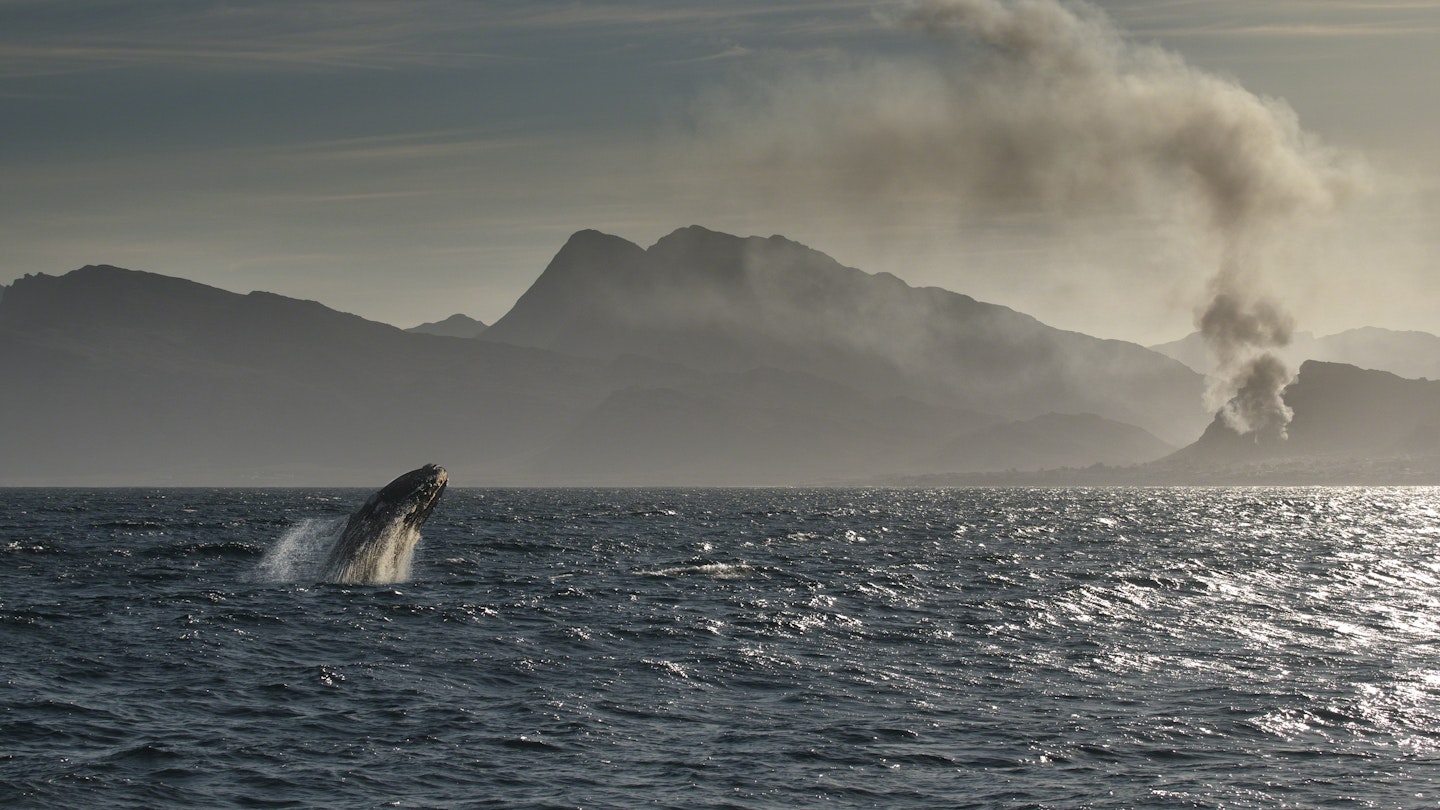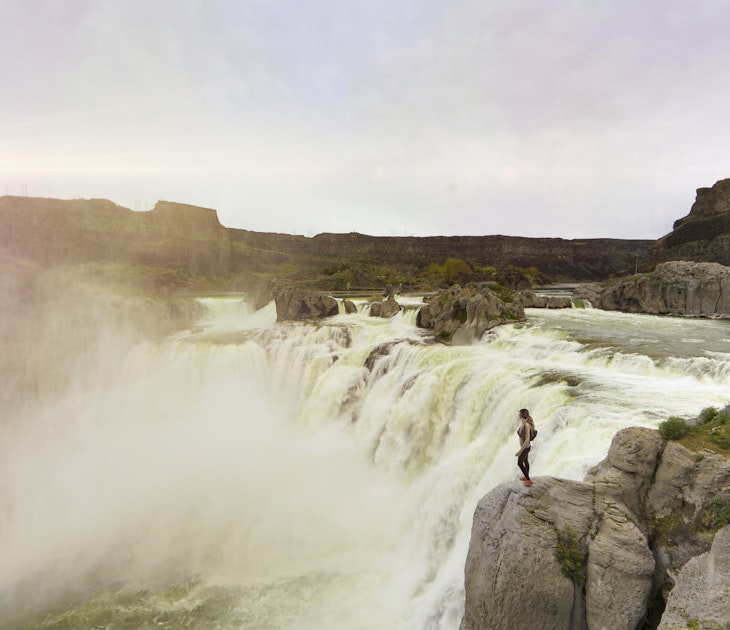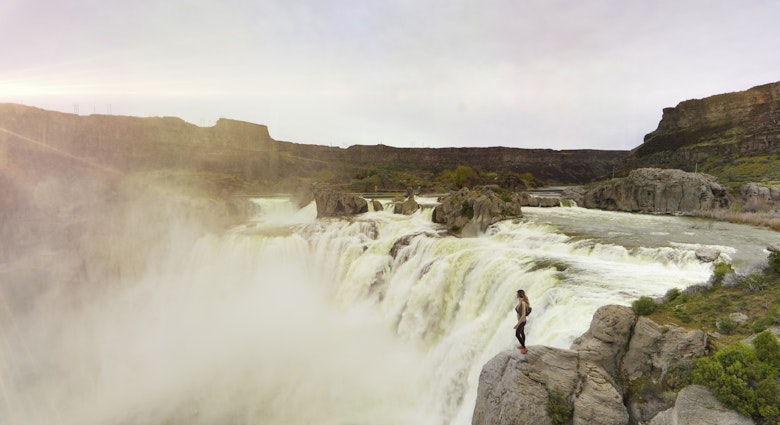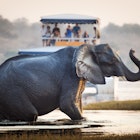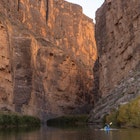While humans are chafing under stay-at-home orders and national lockdowns nearly five months after the COVID-19 pandemic began, wildlife are having a whale of a time – quite literally. A reduction in container and cruise ship traffic has provided a vacation of sorts for vulnerable cetaceans, and an opportunity for scientists to learn more about how marine noise pollution impacts ocean species.
If you've ever tried to hold a conversation at a club or crowded restaurant, you know how hard it can be to get your voice to carry over the din, or to hear your companions over thumping subwoofers. That's essentially what scientists suspect our oceans have been like for whales, dolphins, and other creatures that rely on their songs, squeaks, and calls to navigate and communicate – at least until the novel coronavirus showed up.
“We have a generation of humpbacks that have never known a quiet ocean,” Michelle Fournet, a marine acoustician from Cornell University, explained to The Guardian. After all, the last time the seas were this quiet was after another landmark event that put the human world on pause – the terrorist attacks in New York on September 11th, 2001.
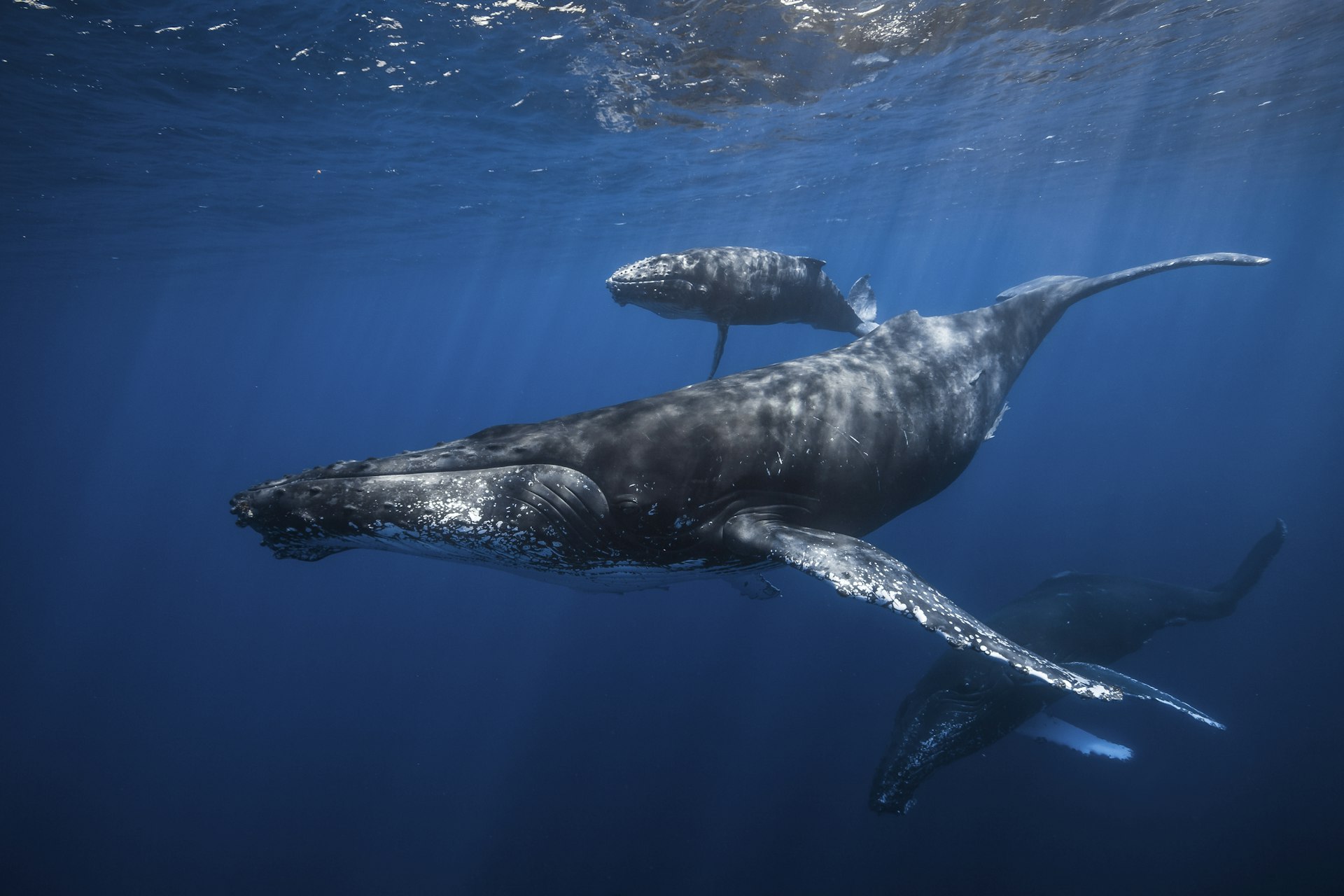
According to a report from Envista Forensics, trans-Pacific container exports between China and the United States dropped by as much as 22% in early 2020 after COVID-19 started to spread. Analysts predict as much as a 10% drop in container volume by the end of the year.
Not only that, the COVID-19 pandemic has all but shuttered the cruise line industry, with most major carriers suspending operations by mid-March for at least 30-60 days. By early April, only a handful of ships remained in service, and the majority of those were due to return to their ports of call by mid-month.
The emergence of the SARS-CoV-2 novel coronavirus happened to coincide with major events like the birthing season for humpback whales off the coast of Hawaii and the beginning of grey whales' migration from the Bearing Sea to the Baja Peninsula. Not only have the whales experienced less noise, there have also been fewer whale-watching ships, paddle boards, and other potential nuisances crowding their pods while they try to find mates and move their families to seasonal feeding grounds.
“The clearest benefit of the reduction in vessel traffic is to humpback mothers and nursing calves, who tend to be somewhat reclusive,” Marc Lammers, research coordinator for the Hawaiian Islands Humpback Whale National Marine Sanctuary, told the Honolulu Star Advertiser.
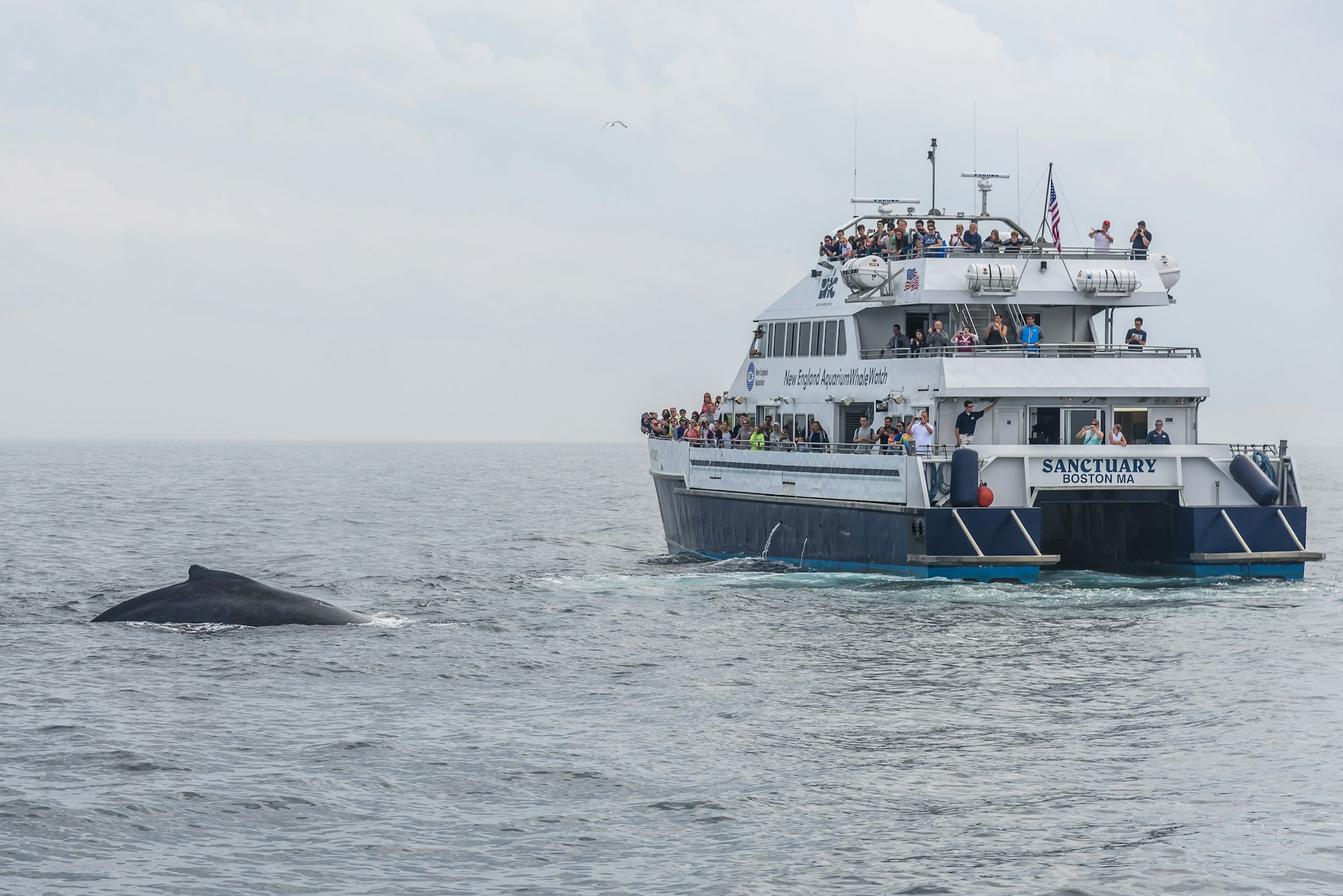
But the window in which scientists can collect data on how whales respond to the sudden peace and quiet is very, very narrow. “We have an opportunity to listen," said Fournet, "and that opportunity to listen will not appear again in our lifetime.”
As countries in Australia, Asia and Europe, as well as some states in the US, tentatively begin to return to business as usual, or at least plan ahead for tourism's return, the oceans will start to return to their previous volume, too. Marine biologists and researchers around the world who, like so many others, haven't been able to go into work, haven't been making their usual field observations. Instead, they will be listening extra closely to the data collected by underwater microphones around the world for hints at the impact of our usual our hustle and bustle.
Meanwhile, whales aren't the only wildlife who have enjoyed less interference from their human neighbors. With fewer people in their habitats, lions have been lounging on roadways in South Africa's Kruger National Park, fish have been splashing more visibly in Venice's famous canals, sea turtles nests are bursting on beaches around the world, and black bears, lynxes, and coyotes are "having a party" according to Yosemite park rangers.
So while humankind is itching for a return to normal post-pandemic, it looks like they might be in the minority – at least, depending on what the animal kingdom has to say about how they spent their spring and summer vacations.
You may also like:
How Australia scuba tour guides are saving the Great Barrier Reef while tourists are away
These cities around the world lead the way towards a greener future
How a salmon testing lab saved the Faroe Islands from a COVID-19 disaster
